Top Class Actions’s website and social media posts use affiliate links. If you make a purchase using such links, we may receive a commission, but it will not result in any additional charges to you. Please review our Affiliate Link Disclosure for more information.
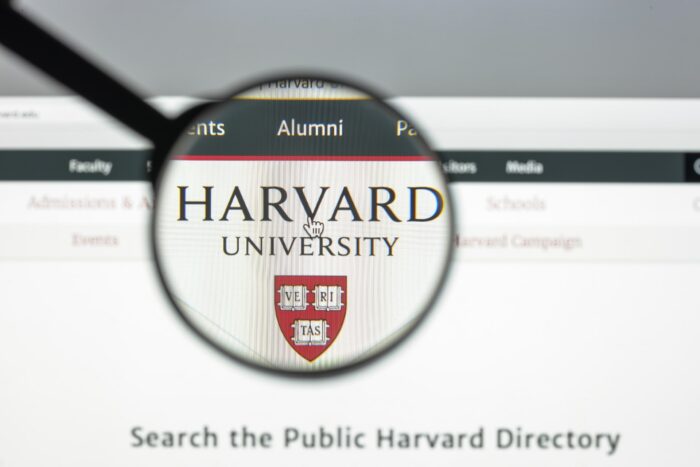
Update:
- Late last month, the U.S. Supreme Court ruled to end affirmative action admission policies at Harvard University and the University of North Carolina at Chapel Hill.
- The decision undoes decades of precedent and will have wide-ranging implications for how universities and workplaces choose applicants.
- Chief Justice John Roberts writes universities have “for too long” determined the “touchstone of an individual’s identity” by the color of their skin, which he says does not align with “this nation’s constitutional history.”
- The decision to end affirmative action at the schools was made in a 6-3 vote that broke along partisan lines.
(June 15, 2021)
The U.S. Supreme Court has asked for the federal government’s opinion on the legality of Harvard’s affirmative action admissions policy, signaling the possibility the case could be taken up by the Supreme Court.
The request for a brief from the acting solicitor general “expressing the views of the United States” comes in response to a lawsuit filed against the university by Students For Fair Admissions (SFFA), Law360 reports.
The lawsuit alleges that Harvard’s policy results in illegal racial balancing that harms Asian American applicants.
SFFA, led by anti-affirmative action legal strategist Ed Blum, previously sued the school in 2014 alleging violations of the Civil Rights Act — and lost twice in the lower courts. It also lost its case in 2018 and the decision was upheld by the First Circuit in November 2020, Law360 reports.
However, with the new conservative majority on the Supreme Court, legal experts have said that the court may take up the case and use it as an opportunity to strike down affirmative action in college admissions processes.
Although it is likely the federal government will have a different view than it did under the Trump administration, which supported SFFA and sued fellow Ivy League college Yale for racial discrimination against white and Asian applicants, the government’s view will not necessarily influence the justices.
Boston University Law School Professor David Rossman told Law360 that the justices are following “standard procedure” in a politically charged case.
“They are offering the new solicitor general a chance to weigh in, but what’s going to influence them is whether they want to use this case to make a statement about what the state of the law is,” Rossman said. He added that there were new justices on the court since the last time it looked at this issue.
“It may well be that they want to use this case as a vehicle to change what they have said in the past about taking race into account in the admissions process.”
Cleveland State University Professor of Law Doron Kalir told Law360 that the fact the court was asking for the opinion of the solicitor general, sometimes called the 10th justice, “that is a strong signal the Supreme Court is heavily leaning towards taking the case.”
Kalir said that addition of Justice Amy Coney Barrett could give the court the justices it needed to take up the case, adding if the high court did grant SFFA’s appeal it would likely limit or eliminate the use of race in higher education.
In 2016, the Supreme Court ruled in a 4-3 decision that the University of Texas’ race-sensitive admissions policy was legal. However, two of the votes in the majority — Justices Ruth Bader Ginsberg and Anthony Kennedy — are no longer on the court.
Blum told Law360 that Students for Fair Admissions remained hopeful that, “regardless of the views of the solicitor general, the justices will grant to hear our case and end race-based affirmative action in college admissions.”
What are your thoughts on affirmative-action admissions policies? Will you be following this case? Let us know in the comments section!
Students for Fair Admissions is represented by J. Michael Connolly, William S. Consovoy, Thomas R. McCarthy, Cameron T. Norris and Patrick N. Strawbridge of Consovoy McCarthy PLLC and Adam K. Mortara.
Harvard is represented by Debo P. Adegbile, Brittany Amadi, Rishita Apsani, Andrew S. Dulberg, Felicia H. Ellsworth, Hannah E. Gelbort, William F. Lee, Emma P. Simson, Denise Tsai, Seth P. Waxman and Paul R.Q. Wolfson of WilmerHale and Ara B. Gershengorn of the Harvard University Office of the General Counsel.
The Harvard Affirmative Action Lawsuit is Students for Fair Admissions v. President & Fellows of Harvard, Case No. 20-1199, in the Supreme Court of the United States.
Don’t Miss Out!
Check out our list of Class Action Lawsuits and Class Action Settlements you may qualify to join!
Read About More Class Action Lawsuits & Class Action Settlements:







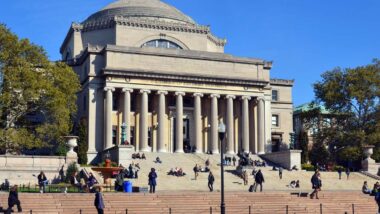


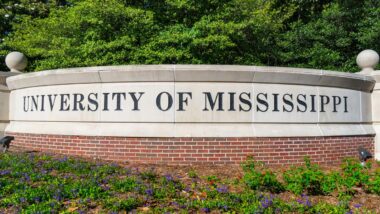
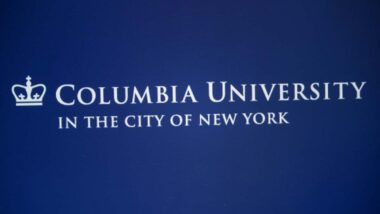


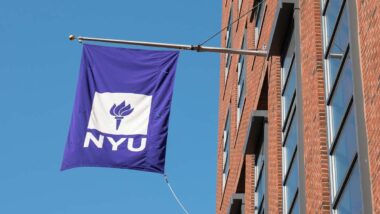
One thought on Supreme Court ends affirmative action admissions policies at Harvard, UNC
It’s about time! This has been an issue for decades!!!!